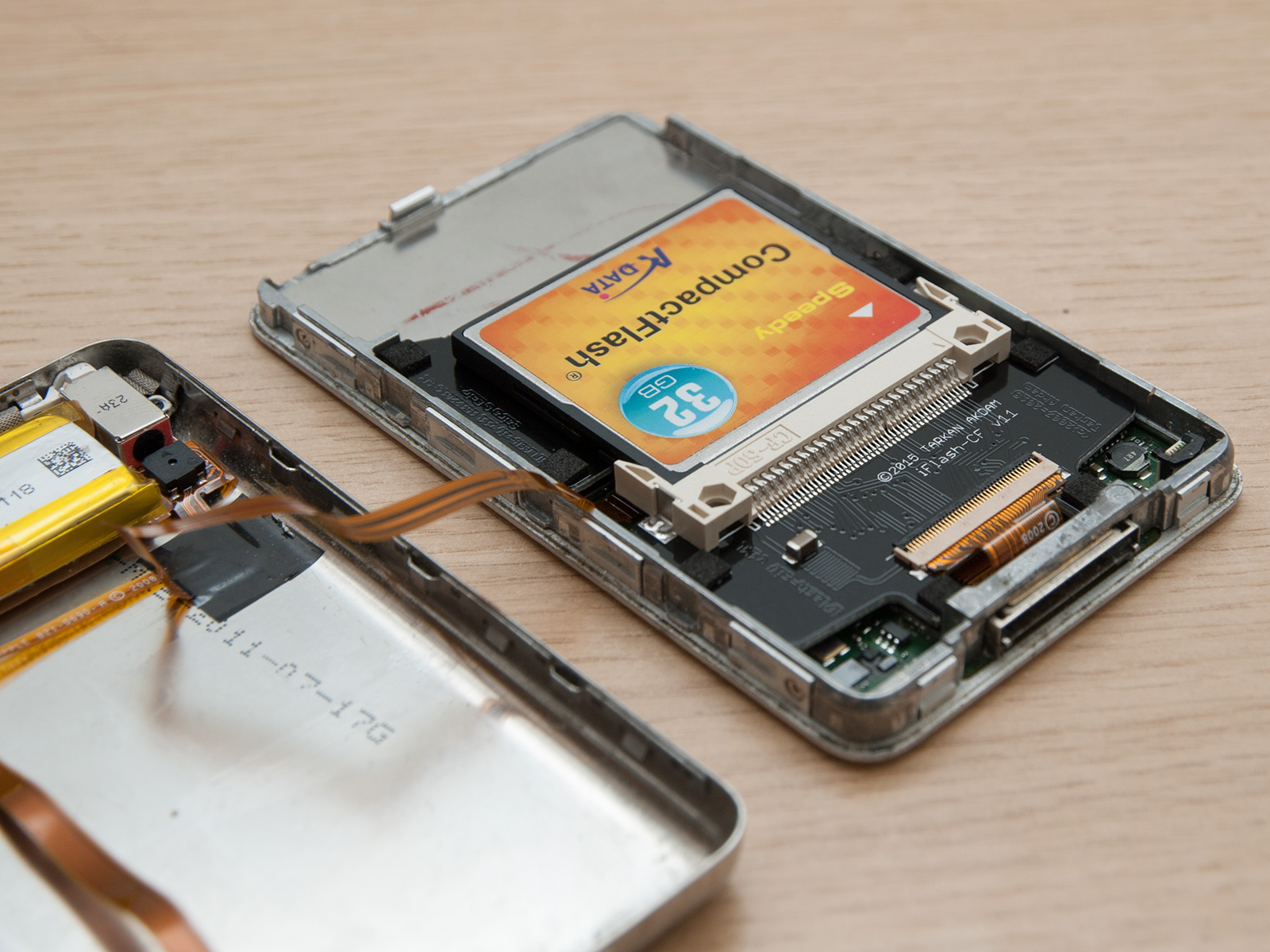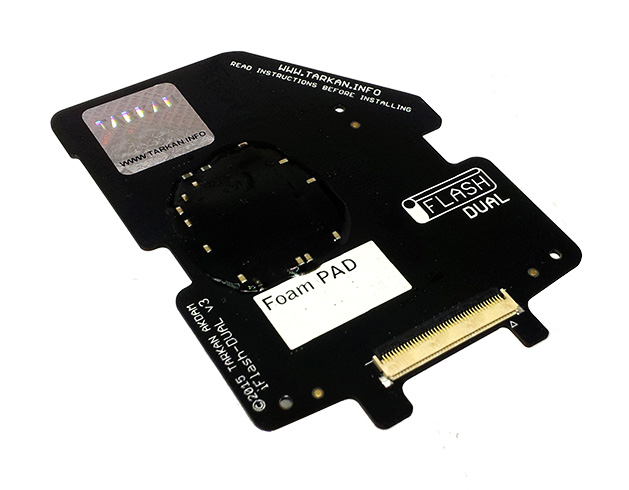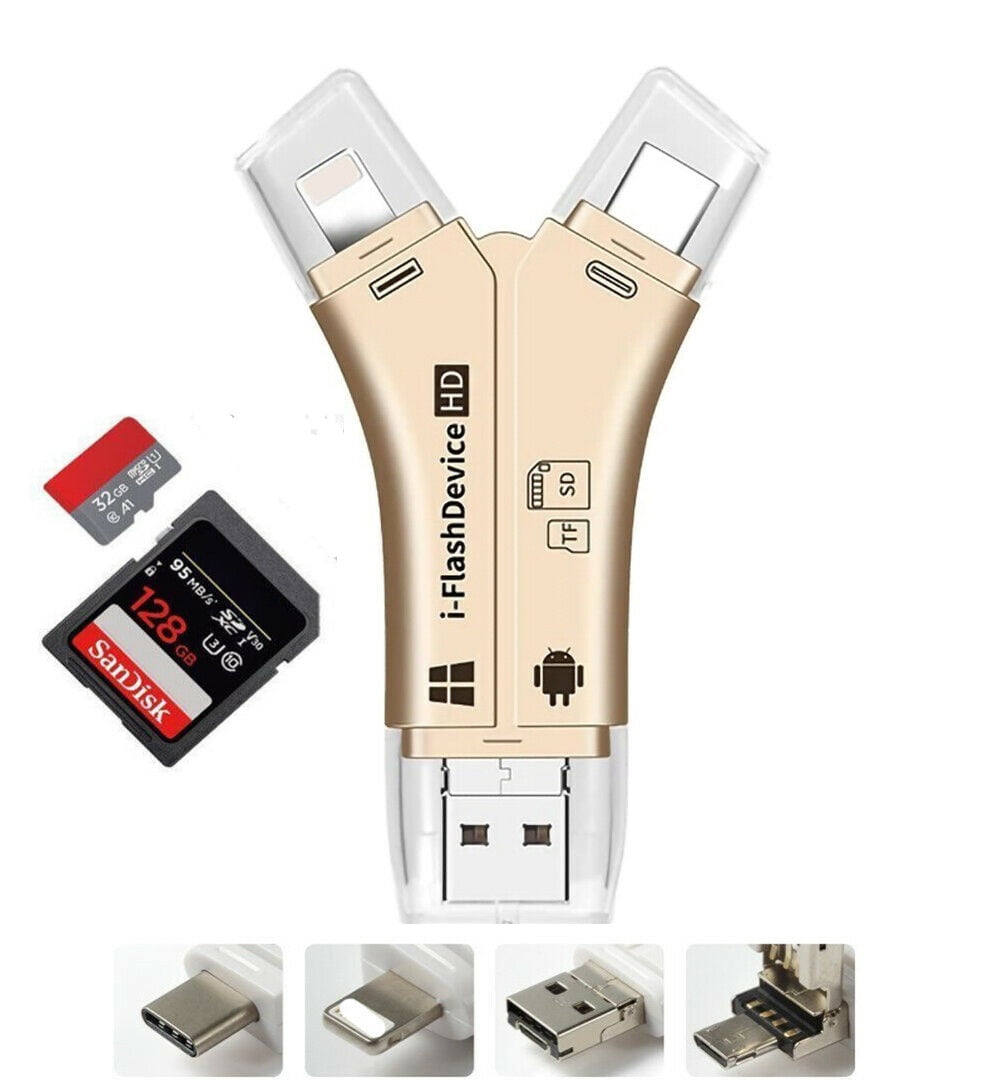

Go to the devices section, find your device and download the.
#Iflash mk2 adapter driver
ds.gba depending on what device you are using.įirst you need to download the DLDI driver patch for your device. In this case, after downloading the DLDI-enabled homebrew, you need to patch the. If not, you will need to patch the file before transfering it to your device. Just try the ROM to see if it works with your device.

Some devices will patch the homebrew for you automatically when it is loaded.


Some carts that are compatible with the interface include the following:ĭLDI patches for different flashcarts are available from the official site.īy default, homebrew that utilizes the DLDI framework will probably work on a specific device (the one the author uses) but can be patched to work with any device listed in the devices section.
#Iflash mk2 adapter manual
Most cart developers have advanced beyond manual DLDI patching in various ways, such as automatic DLDI patching. Virtually all cartridges support DLDI either officially or via third-party intervention. Mostly required for homebrew programs that rely on libfat to load external files (such as source ports and emulators), implement save/load features and record high scores for different flashcarts.ĭLDI support is defined as, at a minimum, the ability to patch a. It has also been implemented for GBA_NDS_FAT and DSLinux. It works as a part of libfat to allow homebrew programs to read and write files on the memory card inserted into one of the system's slots. This web site has illustrated repair guidesĪnd there are also numerous YouTube videos on taking iPods apart.DLDI is the Dynamically Linked Disc Interface for Game Boy Advance and Nintendo DS. I have plenty of "spare parts" for my 4th gen iPod. As expected, it had a bad hard drive, and everything else was in good shape. I recently bought a broken 4th gen for less than $5 (including shipping). If other parts wear out, go on eBay and buy broken iPods. And they're still fast compared to the pokey 1.8-inch hard drive. The fast CF cards are still expensive, but for use in an iPod, slower is fine, because the slower ones use less energy. Much less than the price for any "8th gen" ipod classic that Apple could possibly create. This web site has cool info about doing the same thing with 5th gen and later.ĬF card prices are already below $100 for 128GB. It's a better iPod now than when it was new.
#Iflash mk2 adapter upgrade
The CF card upgrade gives it better energy efficiency, shock resistance, less weight, silent vibrationless operation, and no hard drive spin-up delay. It's a great sounding iPod (better than many newer devices), with an energy-saving always-readable screen. My ancient 4th gen iPod "classic" (with monochrome screen) is still working because I replaced its 20GB hard drive with a 64GB compact flash card on an adapter. When your iPod classic "gives out," the failure is likely to be the fragile hard drive. Instead of whining about a hopeless cause, take the initiative. They would have to redesign it around flash-based storage, because the 1.8-inch hard drive is probably the key part that is no longer available. If that was a good business decision, Apple would do it.


 0 kommentar(er)
0 kommentar(er)
